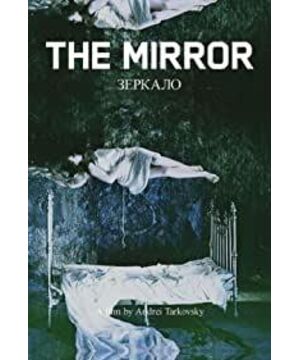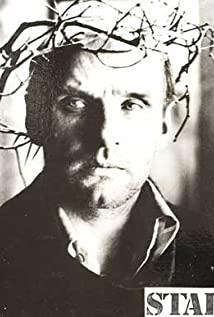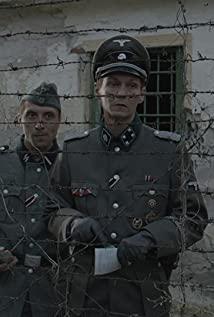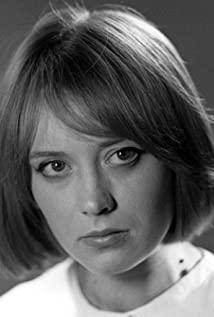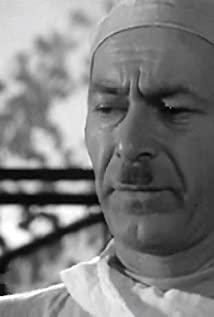This film is a collection of almost all of Tarkovsky's aesthetics, sculpting time, exploring the love shared by human nature, long shots... The film intends to combine the personal life experience of human beings with the heavy memories of the world, looking for some kind of Divine commonalities, Tarkovsky believed they were homogeneous: mothers waiting for her husband's return, mothers hurriedly changing typographical errors during the Great Purge, people displaced in the Spanish Civil War, Soviet hot air balloons, victory in the Great Patriotic War, World War II The Soviet army crossing the lake, the children who joined the army, the parents fighting for their custody, the stubbornness of the mother when I was a child, the dispute between China and the Soviet Union on the treasure island, the conflict with my wife, the bird that fell on the child's head, the protagonist released the bird before he died ...Just knowing that these things are happening in the world, I feel shaken, just knowing that these emotional flows exist objectively, and the emotions of human groups and individuals echo in the empty universe and history... No response, God does not exist, Even if there is silence, I feel: this is a great movie. The director's eyes seem cold and mysterious, but they are hot and flickering. There is great compassion in it. Tarkovsky potentially tells us that human beings have mutual love. possible.
Tarkovsky's editing logic is the same as that of poetry, and the same as long literary sentences, especially the scene, from childhood memories to talking about the misery of second-generation Spanish immigrants to the Spanish Civil War, to hot air balloons, to flipping the Renaissance Son of art books, this clip is fascinating.
View more about Mirror reviews


